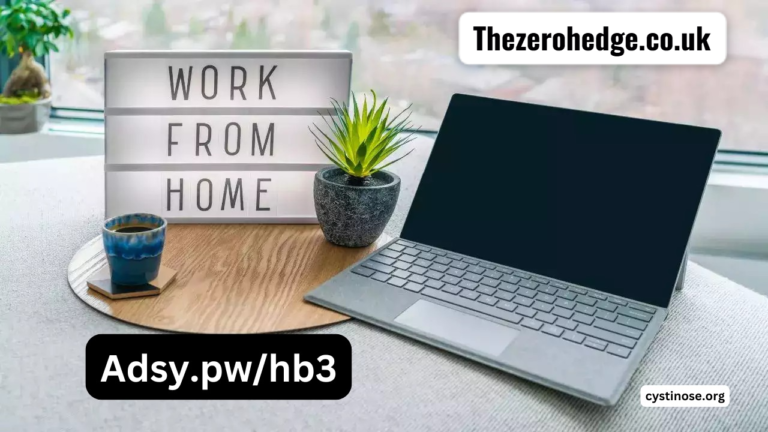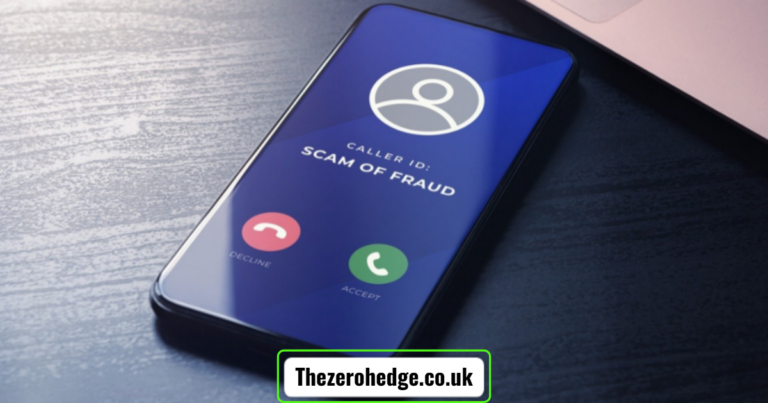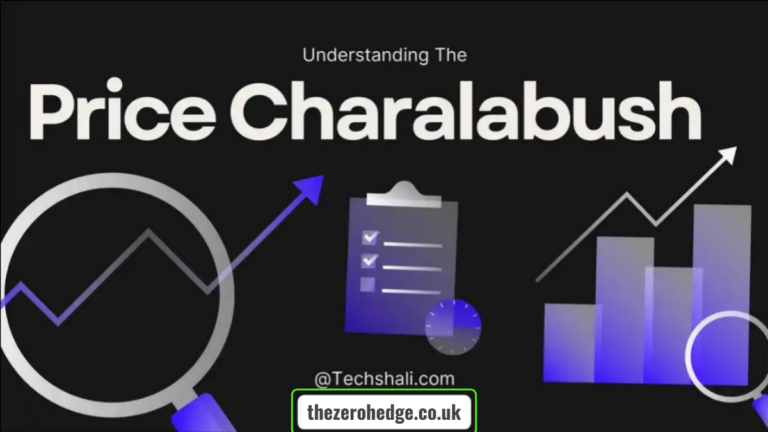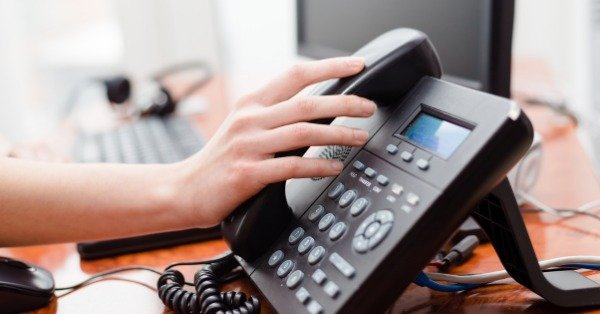
In 2025, spam and scam phone calls remain one of the most common forms of digital fraud affecting millions of UK residents. These calls come from fake or spoofed numbers that often appear local, making them harder to detect and easier to fall for. Whether it’s a robotic voice pretending to be from HMRC or a fake agent offering a too-good-to-be-true deal, these spam calls cause financial loss, anxiety, and even identity theft.
In this detailed guide, we’ll highlight the top reported spam phone numbers in the UK (2025), provide useful information on how they operate, and help you stay protected. We’ve listed the most dangerous numbers and organized their details into a convenient table, followed by deeper analysis.
Table of Top Spam Phone Numbers Reported in 2025
| Phone Number | Type of Spam Call | Reported Cases | Common Scam Theme |
| 1216303064 | HMRC Tax Fraud Scam | 1,132 | Threat of arrest or legal action |
| 1904904162 | Energy Provider Scam | 998 | Fake utility bill discount offers |
| 1234247239 | Bank Account Breach | 875 | Suspicious transaction alert |
| 1388436857 | Amazon Order Scam | 791 | Unauthorized purchase warning |
| 3316309077 | Broadband Disconnection | 742 | Claims of internet suspension |
| 3301240410 | Crypto Investment Fraud | 694 | Fake trading or ROI offers |
| 1708956207 | Tech Support Impersonation | 672 | Claims of infected device |
| 1204565865 | National Insurance Fraud | 643 | NI number misuse warning |
| 2080444031 | Royal Mail Delivery Scam | 588 | Missed parcel with phishing link |
| 1656337649 | Bank Impersonation | 562 | Urgent fund transfer confirmation |
1216303064 – HMRC Tax Fraud Scam
This number has been reported over a thousand times by UK citizens in 2025. Callers from 1216303064 usually pretend to be from HM Revenue and Customs (HMRC) and inform the recipient that they owe unpaid taxes. Victims are threatened with arrest or legal prosecution unless immediate payment is made via bank transfer or gift cards.
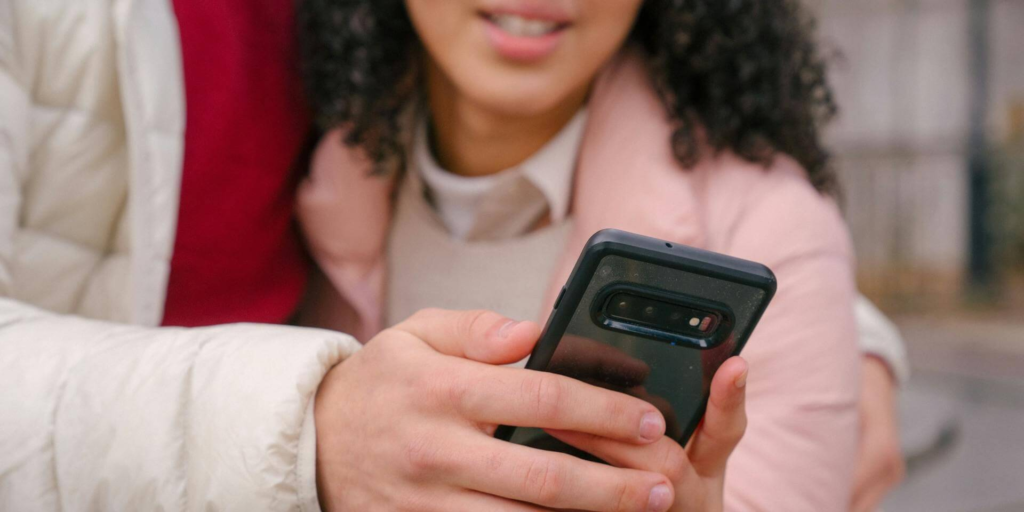
They often use robotic voices to sound official and create panic. It’s important to remember that HMRC never contacts individuals by phone with arrest threats. If you receive a call from this number, hang up immediately and report it to Action Fraud.
1904904162 – Energy Provider Discount Scam
Scammers using the number 1904904162 claim to be from British Gas, EDF, or other well-known energy providers. Their pitch typically involves limited-time discounts on energy bills or claims that your previous overpayment qualifies you for a refund. Once they gain your trust, they ask for personal details or banking information.
This type of fraud surged in 2025 due to rising energy prices, which scammers have exploited to prey on vulnerable individuals looking for relief from their high bills.
1234247239 – Bank Account Breach Alert
The number 1234247239 is often used in a scam where the caller impersonates your bank’s fraud department. The message goes something like: “We’ve detected suspicious activity on your bank account. Please verify your identity to secure your account.”
This type of phishing call uses fear tactics and pressure to get you to reveal sensitive banking credentials. Never share personal banking info over the phone—always call your bank directly using a verified number.
1388436857 – Amazon Unauthorized Order Scam
Scammers using 1388436857 pretend to be from Amazon’s fraud team, alerting you to a large purchase you didn’t make. Victims are often told that someone has ordered a new iPhone or TV and the transaction needs urgent cancellation.
These calls usually direct you to press a button or speak to a “representative,” who then tries to extract payment information or get remote access to your device. Amazon doesn’t handle order issues through unsolicited phone calls, so this is a red flag.
3316309077 – Internet/Broadband Disconnection Scam
The number 3316309077 is commonly associated with broadband disconnection frauds. Scammers claim to be from BT, TalkTalk, or Sky, and tell the user their internet is about to be disconnected due to illegal activity or unpaid bills.
They often ask users to download remote desktop software like AnyDesk or TeamViewer. This gives the scammer full access to the victim’s computer, which they then use to steal personal data or plant malware.
3301240410 – Crypto Investment Scam
This number is part of a wave of fake crypto investment offers in the UK. Fraudsters posing as financial advisors or “trading experts” promise unrealistically high returns if you invest through their platform. Once you send funds, they disappear.
Victims often say they saw ads on Facebook or Instagram and were later called by 3301240410. If someone cold-calls you with crypto investment offers, it’s a scam. Always verify companies via the FCA (Financial Conduct Authority).
1708956207 – Tech Support Impersonation
Calls from 1708956207 are tech support scams. The caller claims your Windows PC or Android device is infected, and they need to fix it remotely. This scam preys on less tech-savvy individuals and often results in stolen files, ransomware, or bank fraud.

Microsoft or any tech company will never call you unsolicited to report device issues. If someone does, it’s a scam. Never let a stranger access your computer remotely.
1204565865 – National Insurance Number Scam
One of the more disturbing scams of 2025 comes from 1204565865, where callers pretend to be from the National Insurance (NI) fraud department. They claim your NI number is being misused in criminal activities and needs to be suspended.
The goal is to frighten you into giving up your NI number, bank details, or even passport information. Always verify government-related claims through official channels—NI or HMRC won’t randomly call and threaten to suspend your identity.
2080444031 – Royal Mail Delivery Phishing
This number is widely associated with phishing scams involving Royal Mail. The caller claims a parcel delivery failed due to an unpaid fee or incorrect address. They then send a link via text or email, asking you to input payment details or address corrections.
The link is a phishing site designed to steal your debit/credit card number. If you receive this kind of call or SMS, do not click the link—check Royal Mail’s official tracking system instead.
1656337649 – Bank Impersonation and Urgent Transfers
The number 1656337649 has been flagged for impersonating well-known UK banks like Lloyds, HSBC, and Barclays. The scammers claim your account is compromised and urge you to transfer funds to a “safe account.”
These “safe accounts” are actually under the scammers’ control. UK banks never request fund transfers to protect your money. If in doubt, end the call and contact your bank directly.
How to Protect Yourself from Spam Calls in the UK
To stay safe in 2025 and beyond, follow these precautions:
- Never share personal or financial information over the phone, unless you initiated the call.
- Hang up immediately if the caller sounds suspicious, threatens legal action, or offers unrealistic deals.
- Use call-blocking apps like Hiya or Truecaller to automatically detect and block spam numbers.
- Report any suspicious numbers to Action Fraud UK or Ofcom.
- Enable call screening features on your mobile device for added protection.
What to Do If You’ve Been Targeted
If you’ve received a call from any of these numbers or have fallen victim:
- Contact your bank immediately to stop any unauthorized transactions.
- Change your passwords and PINs, especially if you gave out any information.
- Report the scam to Action Fraud UK via their official website.
- Monitor your credit report for unusual activity or identity theft.
Conclusion
Spam and scam phone calls are not only annoying but can be incredibly damaging—financially and emotionally. In 2025, the UK continues to face waves of such calls from numbers like 1216303064, 1904904162, and 1388436857, all of which are now well-known for fraudulent activity. Recognizing the red flags and acting cautiously can save you from falling victim.
Use this list as a reference, and always remain skeptical of any unsolicited call, especially those that create urgency or request personal information. With awareness and the right tools, you can stay one step ahead of scammers.
Frequently Asked Questions (FAQs)
Q1: What should I do if I accidentally gave personal information to a spam caller?
A: Contact your bank, monitor your accounts, and report the issue to Action Fraud UK. Change your passwords immediately.
Q2: Are all unknown numbers spam or scams?
A: No, but it’s best to be cautious. If an unknown number asks for personal or financial info, it’s likely a scam.
Q3: Can I block all spam calls on my phone?
A: You can reduce them by using call blockers or enabling Do Not Disturb mode with only trusted contacts allowed.
Q4: Do real companies like HMRC or banks call people?
A: Rarely. HMRC and most banks communicate via letters or secure emails, not aggressive phone calls with threats.
Q5: Where can I report spam numbers in the UK?
A: You can report them at https://www.actionfraud.police.uk or via your phone provider.
Also Read This: UK’s Most Reported Spam Phone Numbers (2025)
